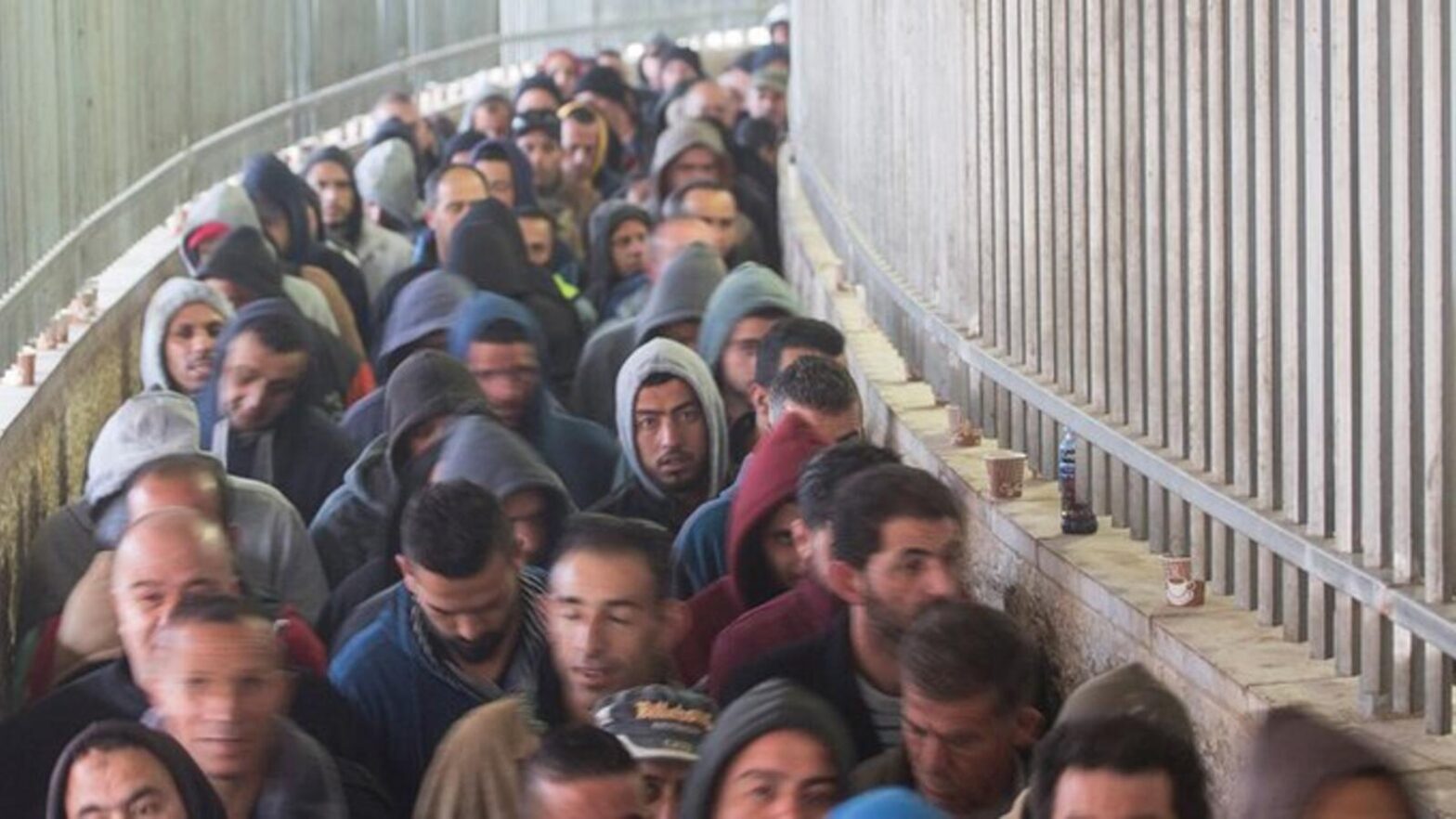The coronavirus is relentlessly sweeping around the world, but in Israel and the Palestinian territories one can discern the sliver of a silver lining amid the gathering dark clouds.
Israel’s intractable conflict with the Palestinians, which has caused so much grief and heartache over the decades, is temporarily on hold as both sides pause to focus their energies on coping with and containing the pandemic, which had killed 19,000 people globally by March 25.
Call it a momentary truce that may be broken at any time.
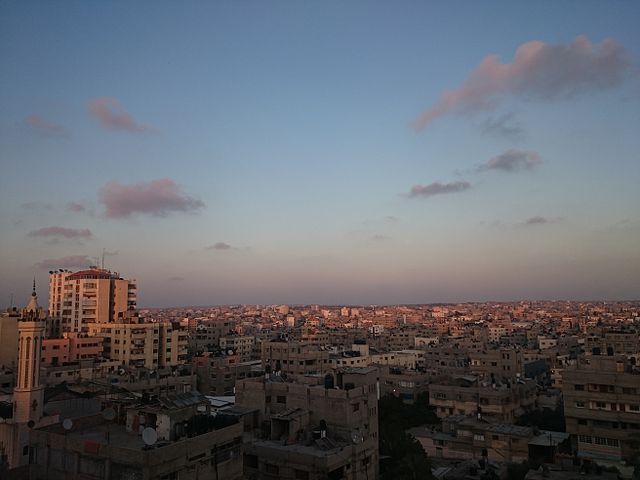
This trend away from violence is readily apparent in the Gaza Strip, an impoverished coastal enclave that Israel has besieged since its takeover by the Islamic fundamentalist, deeply anti-Israel Hamas movement in 2007. Preoccupied with battling a virus that could wreak devastation in such a densely-populated place lacking sufficient health care facilities, Hamas appears to have called a halt to rocket, mortar and incendiary kite and balloon launchings and terrorist incursions into Israeli territory.
The violent border demonstrations, which until recently had been taking place on a weekly basis since March 2018, have petered out as well. Due to these converging circumstances, Israel’s often volatile border with Gaza has rarely been as quiet.
The Israeli-occupied West Bank is uncharacteristically tranquil, too, with no terrorist incident having been recorded for a while now. But there have been clashes between Israeli settlers and Palestinians.
Israel responded to the deadly outbreak by virtually closing itself off, banning the entry of foreigners, cancelling international flights, shuttering schools and universities, closing non-essential businesses and parks, and tightly restricting the movement of civilians. Five Israelis have died, 2,170 cases have been diagnosed, and thousands have gone into quarantine.
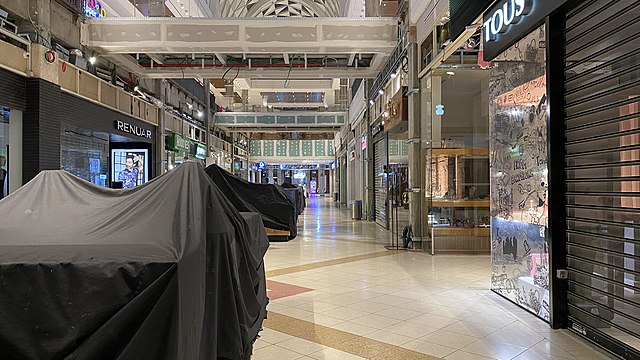
In the West Bank, Palestinian Authority Prime Minister Mohammad Shtayyeh announced a raft of similar emergency measures to combat a virus that first appeared in the town of Tulkarm on March 9 and has since infected more than 60 Palestinians. In Gaza, the first two cases were reported several days ago when two Palestinians returning from a trip to Pakistan tested positive.
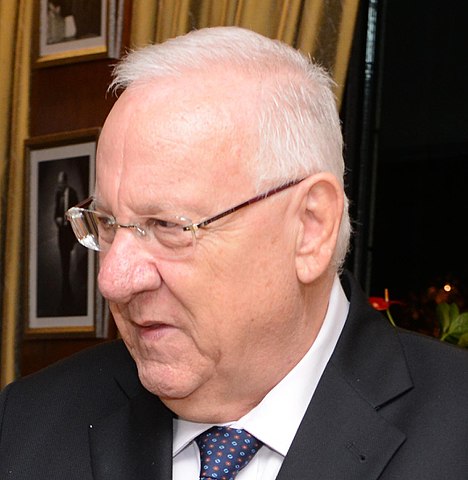
With the virus bearing down hard on the region, Israeli President Reuven Rivlin phoned his Palestinian counterpart, Mahmoud Abbas, to say that mutual cooperation was “vital” and that working together through existing channels could be helpful in resolving problems in the future.
Hussein al-Sheikh, a Palestinian official in charge of charge of coordination with Israel and the civil affairs minister in the Palestinian Authority government, disclosed that Rivlin initiated the call to Abbas “to thank him for the high level of cooperation.”
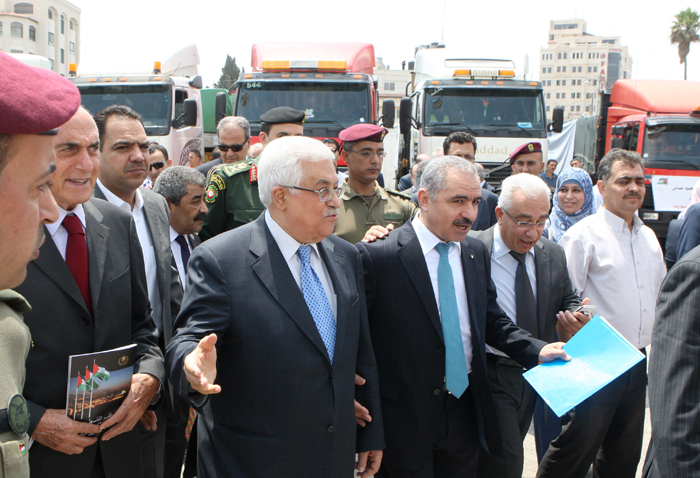
Ibrahim Milhem, a Palestinian Authority spokesman, delivered a similar message during a a press conference in Ramallah. “We and the Israelis are now in a joint operations room to deal with the contagion and to prevent its spread. We and them are in danger. We are coordinating at a high level with the Israelis to keep the contagion away from us, them and the entire world.”
The Israeli government has sealed all border crossings into the West Bank and Gaza and notified Palestinian workers from the West Bank that they will face strict restrictions, will no longer be allowed to move back and forth, and will be required to sleep in Israel.
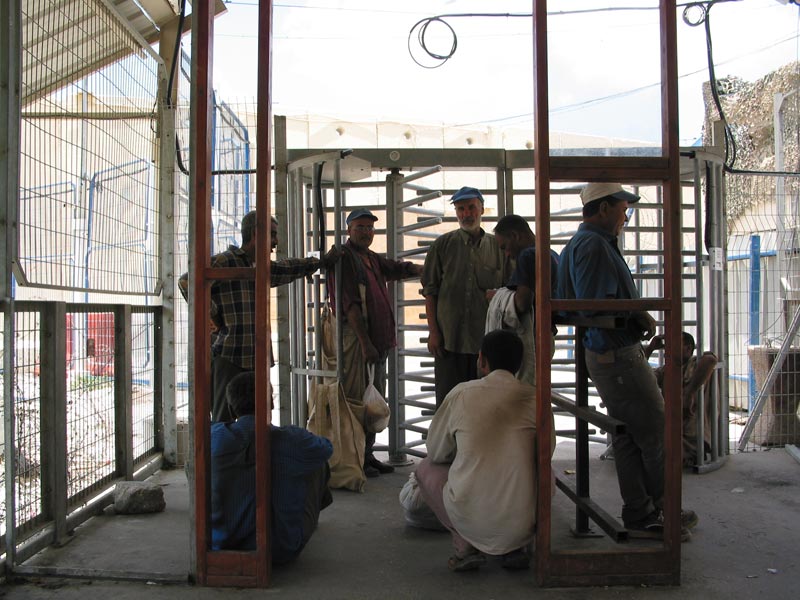
Palestinians who’ve remained in Israel have been assured they will be given proper lodging. In coordination with the Israel Hotel Association, rooms have been found for 12,000 Palestinians in 40 hotels. Vacant apartments, some in the final stages of being built, have been located for another 28,000 workers.
Before this crisis erupted, the Israeli government permitted 120,000 West Bank Palestinians holding work permits to enter Israel on condition that they returned to their homes on the same day. Today, in response to the spreading virus, Israel is allowing more than 30,000 Palestinians into its territory for up to two months. This figure is expected to jump to 70,000 very soon.
Nearly all of the Palestinians are employed in the construction and agriculture sectors. The wages they earn help prop up the West Bank’s economy.
Israel needs these workers to sustain its economy. “Palestinian workers are the (backbone) of Israeli construction,” Shay Pauzner, an official with the Israeli Builders’ Association, said on March 23. “Without them, we don’t work. The industry would stop.”
Absent these workers, Israel’s gross domestic product would fall by about $1.18 billion per month, and there would be delays in the delivery of roughly 70,000 apartment units.
Palestinian Authority cooperation with Israel goes only so far, with Palestinian workers having been instructed to reject jobs in Israeli settlements in the West Bank. The new spirit of cooperation between Israel and the Palestinians is real and powered by mutual self-interest and self-preservation, but it excludes the settlements, a thorn in the side of the Palestinian national movement.
